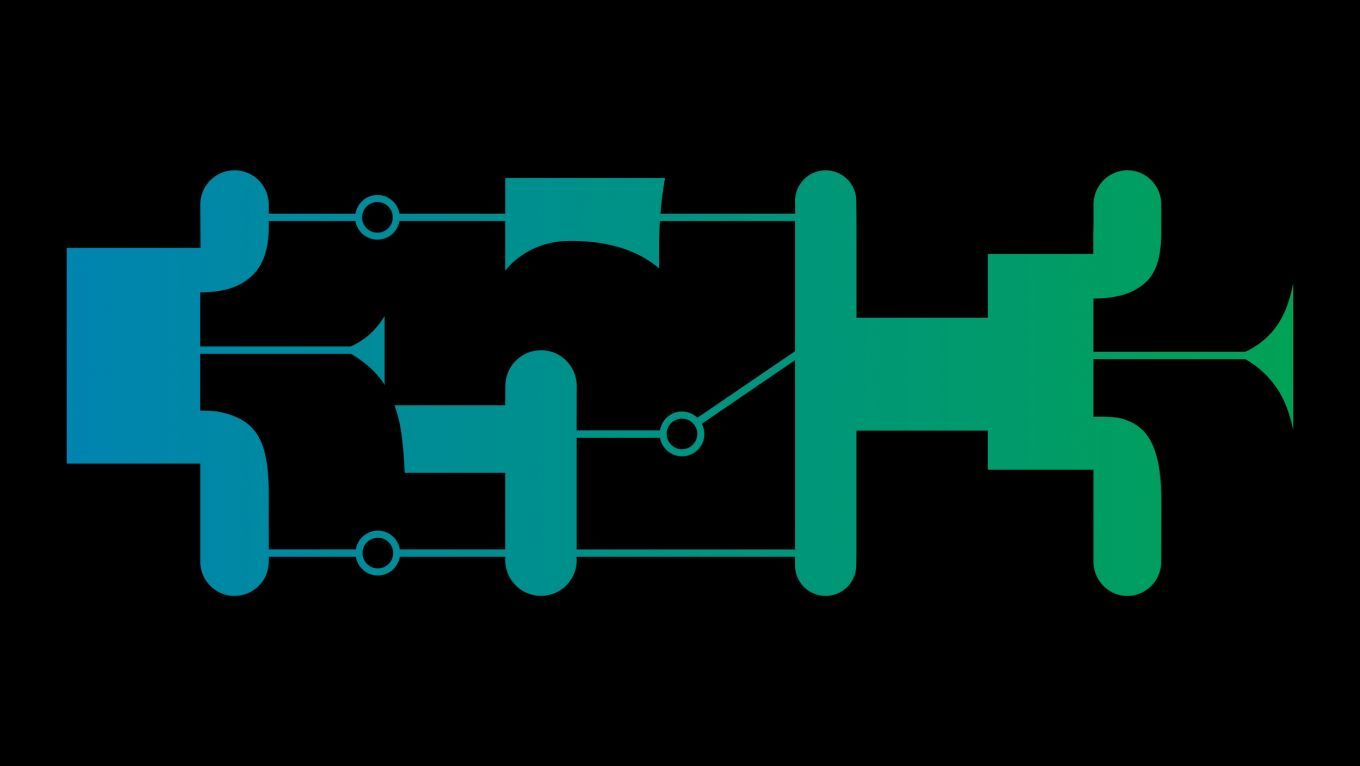Resilience
Censored Planet: a Global Censorship Observatory
Six years ago the idea behind CensoredPlanet started, that is now launched at censoredplanet.org. We had a simple (yet essential) guiding principle: measurements that may be politically sensitive should be done without volunteer participation. In this talk, besides a detailed scientific overview of the techniques and the current state of CensoredPlanet, I plan to talk about my experience in developing the project from the ground up.
Despite the pervasive nature of Internet censorship and the continuous evolution of how and where censorship is applied, measurements of censorship remain comparatively sparse. Current censorship projects, including OONI, depend on participants within countries to help them collect measurements. While these projects are valuable, we have empirically seen that there are issues relating to continuity in terms of measurement, coverage of the geographical area, and ethical dilemmas when user participation is a requirement. Censored Planet use tens of thousands of *remote infrastructural and organizational vantage points* from over 170 countries to conduct it’s measurements, thereby removing the need for user participation. This allows us to regularly measure Internet disruptions over a longer period of time in significantly more countries in a safer way.
The research we conduct at Censored Planet provides unique insights and data points on Internet disruptions. This information is extremely valuable to researchers in diverse fields from political science to computer science as well as to activists and journalists living and operating in countries where Internet disruptions are prevalent. By making our data easily accessible to the public, we aim to encourage future research in the field. Link to our data: https://censoredplanet.org/data/raw.
Additional information
| Type | lecture |
|---|---|
| Language | English |
More sessions
| 12/27/18 |
We rely on mainstream computer engineering every day, but it's insanely complex, poorly understood, unreliable, and, as CCC reminds us every year, chronically insecure. This talk will explain some ways that we can do better: taming parts of this this chaos with precise understanding - illustrated with disturbing facts and clean models for current architectures and the C language, from the <a href="https://www.cl.cam.ac.uk/~pes20/rems/">REMS</a> project, and principled but pragmatic new ...
|
| 12/27/18 |
In this talk @zelf invites to the world of Scuttlebutt, the decentralized P2P gossiping protocol, and how it can be transformative for society through decentralization of data and enabling local community development.
|
| 12/27/18 |
This Foundations talk explains the systems and protocols that make up the Internet, starting from a laptop with a Wi-Fi connection. No particular technical knowledge required.
|
| 12/28/18 |
A major part of software development is maintenance, i.e. tinkering with software that should already be completed but still somehow does not work as it should. Software developed by tinkering is the antithesis to resilient technology, and a growing threat to our profession and our lives. Working on this kind of software crushes the soul. Yet this is exactly how most IoT devices (and computers in general) are programmed these days. We need to replace the dead technology-oriented objects of the ...
|
| 12/28/18 |
Learn to see the world without your eyes. Wonder what it's like to navigate while blind? Want to learn to use your everyday senses in ways you don't know you don't know? In this talk, I hack <em>you</em> with permanently enhanced sensory perceptions. This is very participatory, not just "sit and listen", and workshops are even more hands-on (blindfolded w/ cane in hand). Workshop & volunteer signup: <a href="https://s.ai/ccc/ws">https://s.ai/ccc/ws</a> Tag plz: #BlindNavigation @saizai #35c3
|
| 12/28/18 |
The internet has become essential services, and offline methods of sharing data are rapidly disappearing. Other possible networks are often better suited when connectivity is not available or affordable. Radios, sensors, and computing are available in the cheapest of smartphones and routers. Wind is integrating nearby/offline data exchange with the internet services that we all rely on.
|
| 12/28/18 |
Facebook monopoly is an issue, but looking for replacements it is not enough. We want to develop critical judgment on algorithms, on why data politics matter and educate, raise awareness for a broad audience. With <a href="https://facebook.tracking.exposed">our tool</a>, we enable an individual to collect evidence and see how Facebook's algorithm truly shares their data. Not data about themselves, but the bias of facebook treats data, re-shares certain content over other content. Collectively we ...
|

